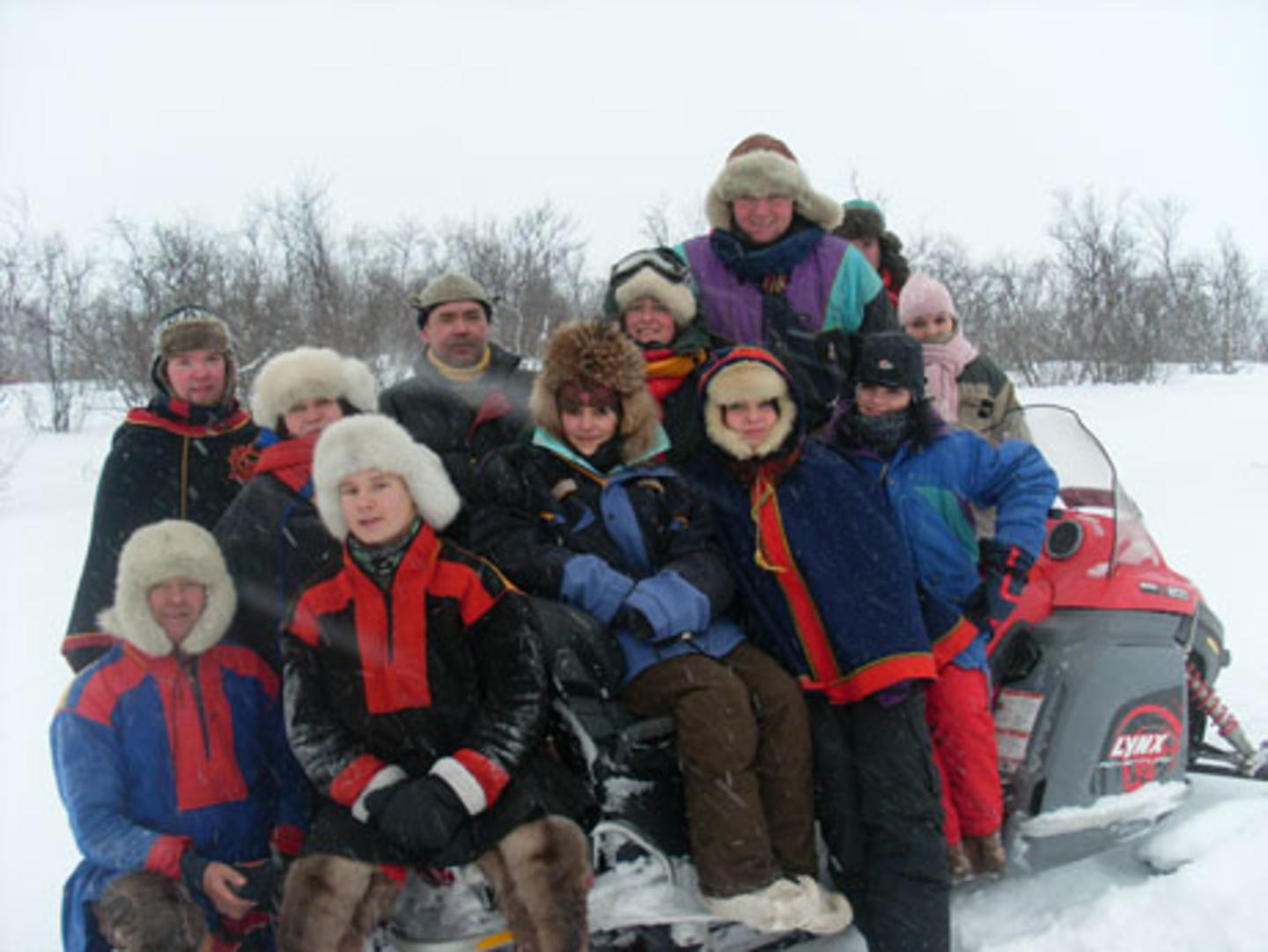Institutional as well as personal networks and friendships are formed, and the partners involved are familiarised with other approaches and working methods. Once established, institutional and personal networks like these can prove to be valuable assets in the partners' everyday activities. For the Norwegian Police Directorate, the contacts established with national police authorities in the beneficiary states through Norway Grants funded cooperation projects are proving to be of good use in coordinating efforts against organised cross-border criminal networks.
The Icelandic Land Registry and the Norwegian Mapping and Cadastre Authority are cooperating with the Romanian National Agency for Cadastre and Land Registration in an organisational development project to help Romania meet EU and national requirements in the fields of geographical information and land registration. Little has been done in these fields since the restitution of private property rights following the revolution in 1989.
A comprehensive human resource development project is under way in Hungary, aiming at providing former military personnel with the skills and education needed to succeed on the civilian labour market. The Hungarian Army has developed from a conscript based army into a professional one, and a total of 42 600 soldiers have been discharged since 1990. The Norwegian Defence Educational Command is actively involved in the project, participating with experts with experience from similar projects in Bosnia and Herzegovina, Croatia, the former Yugoslav Republic of Macedonia and Serbia.
In Poland, 18 municipalities from the Wisłok River basin area are cooperating with Norwegian municipalities and organizations on an environmental education project aimed at motivating local residents to keep the area's drinking water clean.
EEA and Norway Grants funds
In addition, there is a large number of smaller-scale partnership projects supported through the 71 funds provided by the EEA and Norway Grants. Among these, 19 funds for non-governmental organisations (NGO) amounting to €85 million in support have been set up to stimulate and develop civil society in the beneficiary states. In Slovenia, 40% of the projects supported under the NGO fund have Norwegian partners.
8 academic research funds are in place to encourage cooperation and knowledge exchange between scholars and researchers in Iceland, Liechtenstein and Norway and the beneficiary states. In one of the projects supported by the Czech academic research fund, Czech and Norwegian researchers are charting potential future storage sites for geological storage of carbon dioxide (CO2). Through the Polish research fund, €21.4 million are made available to research cooperation projects. "The cooperation established with Norwegian and Icelandic fellows due to the EEA and Norway Grants is of significant value to Polish researchers," Professor Barbara Kurdycka, the Polish Minister of Science and Higher Education said.
11 scholarship funds have been set up to encourage partnerships and student, researcher and teacher mobility between the beneficiary and donor states. In Slovakia, 18 upper secondary schools and higher educational institutions are cooperating with partner institutions in Norway, Iceland and Liechtenstein with support from the Slovak scholarship fund. In one of the projects supported under the fund, students from Detva, Slovakia, and Karasjok, Norway, are cooperating on an environmental awareness and cultural heritage protection project in which they learn how to present Sami and Slovak culture, pictured above.
SEE ALSO: Partnership projects under the EEA and Norway Grants.
